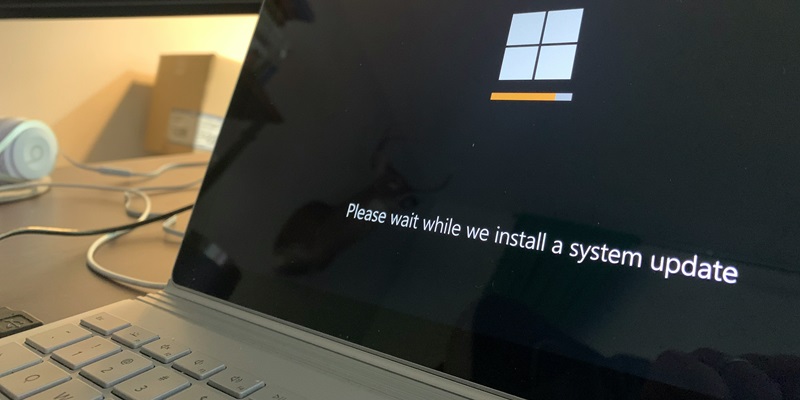In an intriguing move by Microsoft, the latest Windows 10 update tagged as KB5001716 showcases a revamped user interface within the Windows Update system. This UI overhaul is more than mere aesthetic enhancement—it’s a strategic instrument that subtly nudges users towards embracing Windows 11. With notifications tailored to inform users when their current Windows 10 version is nearing the end of support, and prompts advising hardware upgrades if necessary for the new OS, Microsoft appears to be delicately coaxing users onto the path of transition. The central theme of this update, while ostensibly a UI enhancement, aligns with a greater blueprint aimed at phasing out older versions of Windows. It represents a dual-focused initiative that serves the user experience while simultaneously pushing Microsoft’s agenda of consolidation under the fresh auspices of Windows 11.
Technical Glitches Casting Shadows
The deployment of the KB5001716 update has been anything but smooth, eliciting significant user frustration, particularly due to the recurrent 0x80070643 error. These installation glitches not only inconvenience users but could also deter them from transitioning to Windows 11. Software updates are indeed a double-edged sword; they can provide substantial enhancements or unforeseen issues that deteriorate the user experience. Microsoft’s push to transition users to their latest OS could be undermined by these very challenges. The company needs to ensure that updates not only bring innovation but also integrate flawlessly. Mishandled, the zeal for modernization can be eclipsed by installation obstacles. This reflects a wider tech predicament: balancing the pursuit of progress with the essential need for stable and reliable user experiences. How Microsoft and others navigate this terrain will be critical in user retention and satisfaction as technology continues to evolve.

